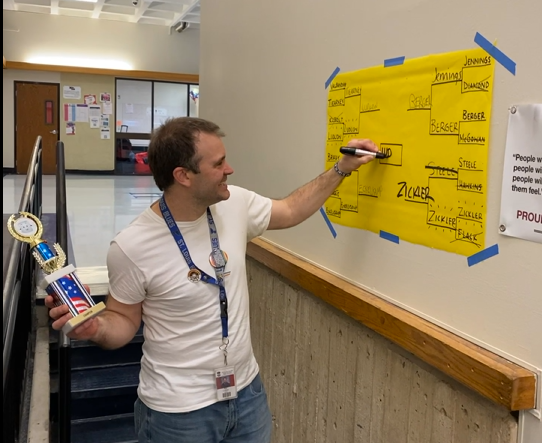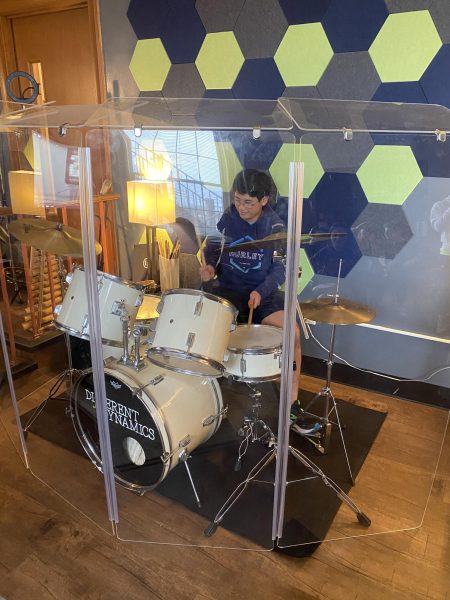A cheater never wins
Looking off a peer’s paper, sneaking in a cheat sheet, copying homework or simply asking out loud for an answer. It comes in many different forms, but cheating is cheating.
Cheating has become a very popular fall back for students who forget to study, don’t understand or just don’t care. 1 in every 3 students in the US has admitted to cheating and that number is rising. Why do more and more students chose to disobey teachers and break the rules in order to risk getting a “good” grade across the country? What is fueling this bad habit?
South High has a cheating policy in place; however, it’s not widely known. It’s not even in the Student Handbook. Science teacher, Julie Jauss said,”I don’t really know what they do to the students. They never tell us what they do,” Jauss said.
With the confusion of what the true punishment of cheating is, it is not surprising that there is a lack of consistency throughout the school. Disciplinary actions have the habit of ranging not only from department to department, but teacher to teacher.
The effects of this uncertainty become apparent when asking students what the policy is. Said sophomore rachel Callier, “I’m pretty sure you can get ISS” while sophomore Steven Martin, said, “I don’t know, I think My teachers gives you zeros”.
Anne Earhart math teacher and Science teacher Julie Juass both have different ways of administrating test. Earhart said, “ I use dividers. Sometimes I’ll use different forms of the test.Then i just watch”. In addition to dividers and different forms, she goes a step further. She said “I have people put their cell phones in their back packs”
The effects of this uncertainty become apparent when asking students what the policy is. Sophomore, Rachel Callier, said, “I’m pretty sure you can get ISS” while sophomore, Steven Martin, said, “I don’t know, I think she gives you zeros”.
So what are the causes behind the 86% of high school teens that have cheated? Math teacher, Joanna Busby, ventured a guess “One of them could be pressure” she said,
The pressure of living up to expectations of parents, teachers, and coaches is pushing students to do what they have to do in order to keep the grades they need and are expected to have.
Erehart said she agrees with this motive. She said “People teach to the test rather than actually learning” and there is more societal pressure placed in GPA and scholarships.
The effects of cheating aren’t only shown in school work. Soon they begin to appear everywhere.
“It’s rooted in deception. You become deceitful in other areas” Erehart said.
According to some teacher, they don’t see the lower students cheating as much as the upper level honest kids. When asked about who tends to cheat more Earhart said “Geometry B, or honors.” “It probably happens more in higher level classes.”
After getting caught cheating, not only is a student’s grade effected, but also their reputation.
Many teachers agree.Jauss said “It’s hard to trust them after” “You lose trust for sure.”
So why are students still choosing to cheat? Is it the Unknown policy or the need to pass? Whatever the cause maybe many students around the school still continue to cheat and leaving teachers looking for a stop.






